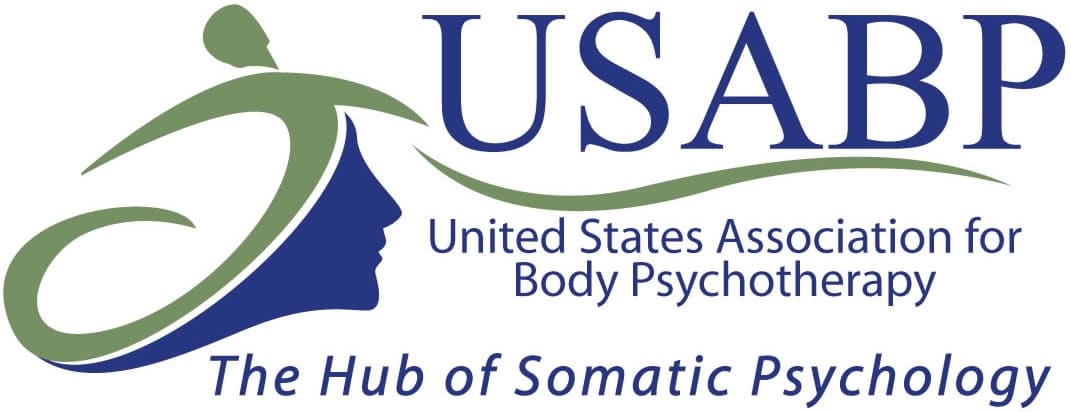At Energetics Institute, our warm, integrative approach to CBT supports adults, adolescents and couples in Perth with structured, evidence-based strategies and clear step-by-step plans. Sessions are available in person and via secure telehealth across Australia so you can access care wherever you are.
What CBT Is And When It Helps
CBT is a structured, goal-oriented form of talk therapy that links thoughts, feelings and behaviours. Your therapist helps you recognise negative thought patterns, test them against evidence and replace them with more helpful alternatives. You also practise new behaviours between sessions so gains translate into real-world change.
CBT helps when problems are maintained by unhelpful thinking and avoidance. Typical goals include reducing anxiety and panic attacks, lifting low mood, improving sleep, managing stress and strengthening problem solving skills for everyday challenges. CBT can support a wide range of mental health conditions including anxiety disorders, depression, obsessive compulsive disorder, post traumatic stress disorder, eating disorders, insomnia and burnout.
What To Expect In CBT
CBT For Common Concerns
CBT And Mindfulness Based Cognitive Therapy (MBCT)
Mindfulness based cognitive therapy combines CBT with mindfulness skills that help you notice early shifts in mood and rumination. You learn to relate differently to difficult thoughts and sensations rather than fighting them. MBCT can be useful for relapse prevention in recurrent depression and for clients who benefit from present moment focus in daily life.
Acceptance And Commitment Therapy (ACT) Integration
Acceptance and commitment therapy complements CBT by emphasising values and committed action. You learn to make room for uncomfortable internal experiences while taking steps that align with what matters most. We may integrate ACT processes such as values clarification, diffusion and willingness when they support your outcomes and help you build new coping strategies.
Interpersonal Therapy And Related Approaches
For clients whose symptoms are closely linked to role transitions, grief or conflict, elements of interpersonal therapy can help alongside CBT. This may include communication practice, problem solving skills and structured tasks that improve relationships in everyday life. Your CBT therapist will explain when and why another approach is added so the plan stays clear.
Your Cognitive Behaviour Therapy (CBT) Team
Our counsellors and psychotherapists are experienced mental health professionals who deliver CBT in a supportive, practical and respectful way. You will work with a therapist who explains the plan clearly, checks progress each session and adapts the approach to your learning style. Short therapist bios and credentials appear on our team page so you can choose a good fit or ask us to recommend someone.
Our Reviews















